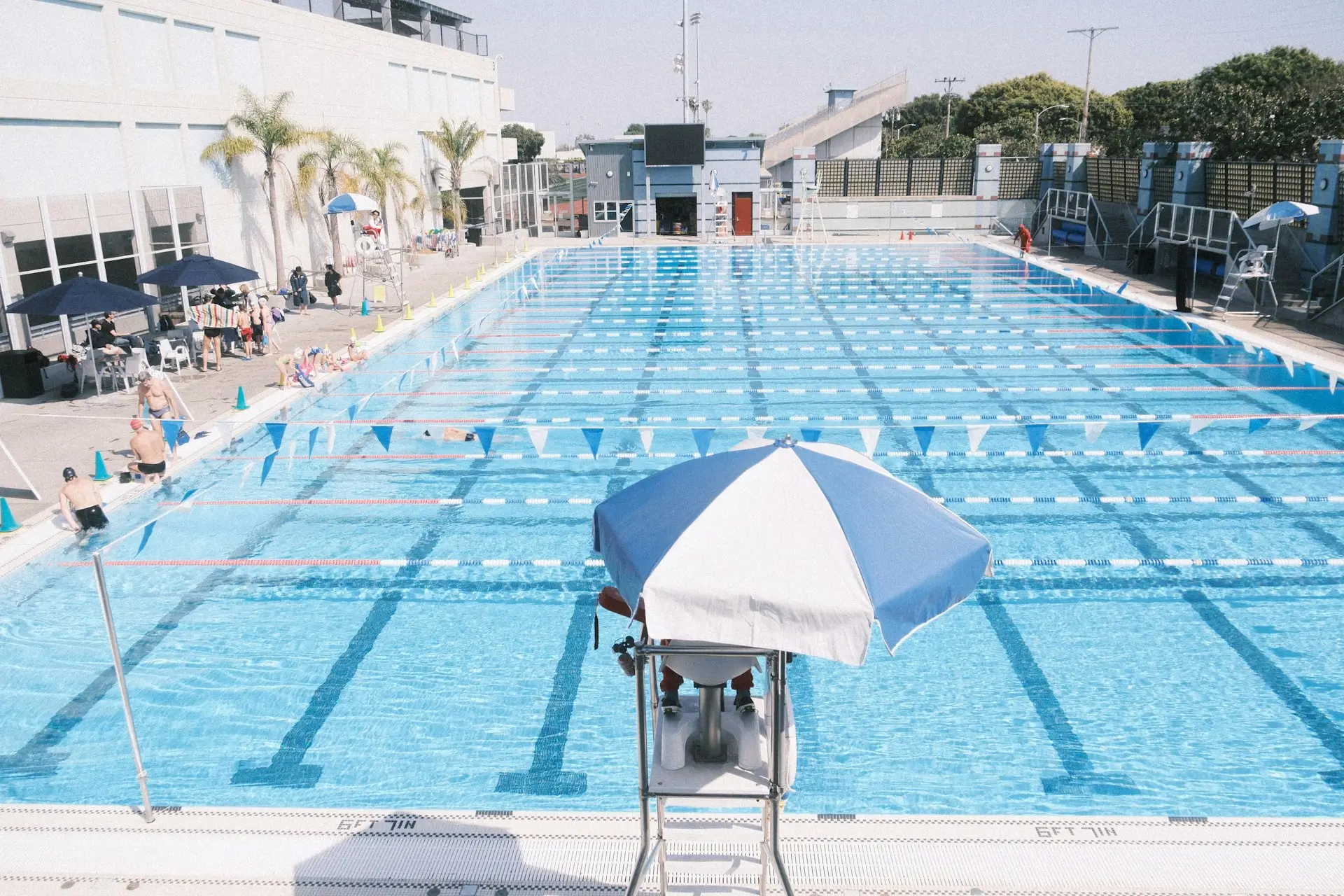Can Someone with Dementia Learn to Swim?
Learning new things is a great way to stay active, physically and mentally. Swimming is not just a fun activity; it’s also good for the body and the mind. But when it comes to dementia, things can get a bit tricky. Dementia affects memory, thinking, and judgment, so you might wonder if swimming is even possible for someone dealing with this condition.
Yes, someone with dementia can learn to swim, but it depends on their specific stage of dementia, patience, and the right guidance.
What Does Dementia Do to Learning Abilities?
Dementia is a condition that affects the brain. People with dementia may have trouble remembering things, understanding new ideas, or following instructions. These changes in the brain make it harder for them to learn something new, like swimming. But it doesn’t mean they can’t do it at all. With patience, support, and repetition, they may be able to pick up basic swimming skills or enjoy being in the water.
Why Swimming Can Be Good for Someone with Dementia
Swimming is more than just a physical activity. It can help in many ways:
- Physical Benefits: Swimming is gentle on the joints and great for overall fitness. It can improve strength, balance, and flexibility, which are all important as we age.
- Mental Benefits: Being in water can be calming. For someone with dementia, this can reduce stress and anxiety. It’s a soothing activity that can improve mood and bring a sense of happiness.
- Social Interaction: If done in a group or with a caregiver, swimming can provide a chance to connect with others, which is important for emotional well-being.
- Memory Triggers: For those who used to swim in the past, being in the water might bring back positive memories, making them feel more connected to their past.
What Does the Research Say?
In this study, researchers Milind Parle, Mani Vasudevan, and Nirmal Singh explored how swimming impacts memory using rats and mice. They divided the animals into groups, some swimming daily for 15 or 30 days while others did not swim at all. The results showed that rodents swimming for 30 days had sharper memories, while those swimming for 15 days experienced temporary memory improvements. This suggests that regular swimming boosts brain function by promoting the growth of new brain cells, highlighting exercise’s role in maintaining mental sharpness. For example, swimming acted like a brain workout, helping these animals navigate mazes and recall tasks more efficiently than those that didn’t swim.
This highlights how consistent physical activity, like swimming, might help maintain brain function in dementia patients by encouraging the growth of new brain cells, potentially improving their cognitive abilities and daily functioning.
Is It Safe for Someone with Dementia to Swim?

Safety is a big concern. People with dementia can sometimes become confused or disoriented, which could make swimming risky. Here are a few things to think about:
- Supervision: Always ensure someone is watching them closely. A caregiver or instructor should be present at all times.
- Simple Environment: The swimming area should be calm, quiet, and not overcrowded. Too much noise or activity can overwhelm someone with dementia.
- Shallow Water: Keeping to shallow pools can add an extra layer of safety.
- Wearable Safety Gear: Life vests can provide additional security.
Can All Stages of Dementia Learn Swimming?
The ability to learn swimming depends a lot on the stage of dementia:
- Early Stage: In the early stages, a person might still be able to learn and follow instructions. With practice, they could even learn basic swimming strokes.
- Middle Stage: During this stage, the person might struggle with remembering what they’ve learned. However, they may still enjoy simple activities like walking in shallow water or floating with support.
- Late Stage: In advanced dementia, learning new skills becomes almost impossible. But being in the water with help might still be enjoyable for relaxation.
What About Fear of Water?
Some people with dementia might be scared of water. This fear can come from past experiences or confusion about what’s happening. Here’s how you can help:
- Start slowly. Let them sit by the pool and dip their feet in the water.
- Use gentle encouragement instead of pushing them.
- Always stay calm and supportive, as your attitude can influence how they feel.
Can Swimming Help Dementia Symptoms?
Swimming won’t cure dementia, but it might help improve some symptoms. Regular physical activity, including swimming, has been shown to boost mood and reduce anxiety. It can also help with better sleep, which is often a problem for those with dementia.
Additionally, being in water can help improve motor skills and coordination. While it won’t reverse the condition, it might slow down some of its effects or at least improve the person’s quality of life.
Do You Need a Professional to Teach Them?
Yes, having a professional instructor can be very helpful. Someone trained to work with people with dementia will know how to communicate better, make lessons simple, and ensure safety. It’s always better to have an expert involved, especially in the beginning stages of learning.
Tips for Helping Someone with Dementia Learn to Swim
If you’re planning to help someone with dementia learn to swim, here are some tips:
- Patience is Key: Progress might be slow, and that’s okay. Take it one step at a time.
- Repeat Often: Repetition can help them remember the steps.
- Keep it Fun: Focus on enjoyment rather than mastering swimming techniques.
- Communicate Clearly: Use simple words and gestures to explain what’s happening.
- Build Confidence: Start with small wins, like floating or splashing around, before moving to actual swimming.
Key Points to Remember
- Yes, someone with dementia can learn to swim with the right support.
- Swimming offers physical, mental, and emotional benefits.
- Safety is essential—always supervise and use proper gear.
- The stage of dementia will determine how much they can learn.
- Start slow and focus on making the experience enjoyable.
- A professional instructor can make a big difference.
Thank you for reading! I hope this article helped. If you have any questions, feel free to comment below.

